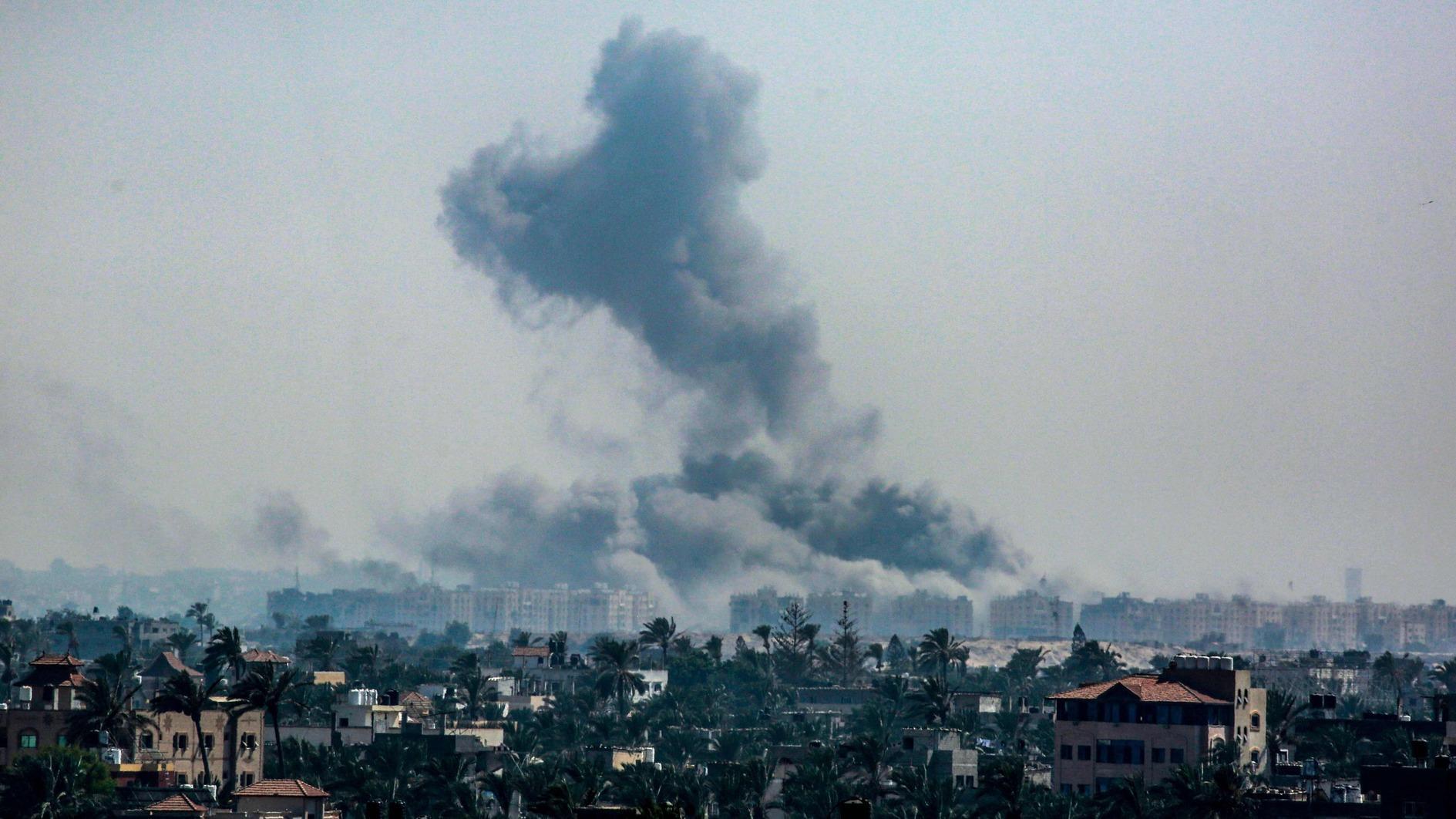
U.S. Secretary of State Antony Blinken concluded his ninth diplomatic tour of the Middle East on Wednesday without securing a ceasefire in Gaza as violence continues to surge in the Middle East.
During his visits to Qatar, Egypt, and Israel, Blinken emphasized the urgency of the situation. "Time is of the essence," he stated in Doha. "With every passing day, more bad things can happen to more good people who don't deserve it." The top U.S. diplomat warned that his proposal might be the last chance to prevent a wider regional conflict.
Hamas said it was "keen to reach a ceasefire" but protested "new conditions" from Israel in the latest U.S. proposal.
Despite Blinken's assertion that Israel was on board, Israeli Prime Minister Benjamin Netanyahu was quoted by Israeli media as disagreeing on a key sticking point. Netanyahu insisted on maintaining control of the Philadelphi Corridor, the border between Gaza and Egypt, citing security concerns related to weapons smuggling.
Blinken said Israel had already agreed on the "schedule and location" of troop withdrawals from Gaza.
Since the conflict began, it has been made "very clear that the United States does not accept any long-term occupation of Gaza by Israel," Blinken said when asked about Netanyahu's remarks.
A senior U.S. official, speaking on condition of anonymity to discuss sensitive diplomacy, called Netanyahu's "maximalist statements" unhelpful for reaching a truce.
Blinken acknowledged differences and called for "maximum flexibility" from both Israel and Hamas.
The border takeover has infuriated Egypt, the first Arab nation to make peace with Israel.
Blinken has sought to entice Netanyahu to compromise by offering Israel the prospect of greater normalization with the Arab world, including Saudi Arabia, guardian of Islam's two holiest sites.
Egyptian President Abdel Fattah al-Sisi, meeting Blinken in El Alamein, told him "the time has come to end the ongoing war," a statement said.
The diplomatic impasse comes amid ongoing violence in the region. Overnight airstrikes across Gaza resulted in at least three casualties, according to local authorities. The Israeli military reported striking about 30 targets and eliminating dozens of militants. Tensions further escalated when an Israeli strike in Lebanon's southern city of Sidon killed a Fatah official, marking a potential expansion of the conflict.
The killing of Khalil Makdah marked the first such attack reported on Fatah, a rival to Hamas, since the Gaza war broke out, and it could further complicate ceasefire talks.
Lebanon's health ministry said earlier Israeli strikes in the country's east killed one person and wounded 20, hours after four were killed in the south.
Cross-border skirmishes have taken place almost daily between Israel and Lebanon's Hezbollah, but fears of a greater crisis soared when Hamas's political leader, Ismail Haniyeh, was killed on a visit to Tehran on July 31.
Iran has vowed retaliation, blaming Israel for the assassination, but has held off so far, with the United States sending additional forces and warning a wider war could destroy prospects for a Gaza ceasefire.
Iran's Permanent Mission to the U.N. indicated on Wednesday that Tehran's retaliation against Israel for the assassination of Haniyeh might involve ground actions, emphasizing that the response would be unforeseen and regrettable.
The conflict, which began with Hamas's Oct. 7 attack on Israel, has resulted in 40,223 Palestinian casualties from Israel's military response.
As the violence continues, the humanitarian crisis in Gaza deepens, with urgent calls for aid and the release of hostages held by Hamas. Blinken stressed the need for "maximum flexibility" from both parties to reach an agreement, but a resolution remains elusive.
The failure to secure a ceasefire during this diplomatic push highlights the complex challenges facing the mediators, as they seek to navigate the intricate dynamics of Middle East politics and bring stability to the region.